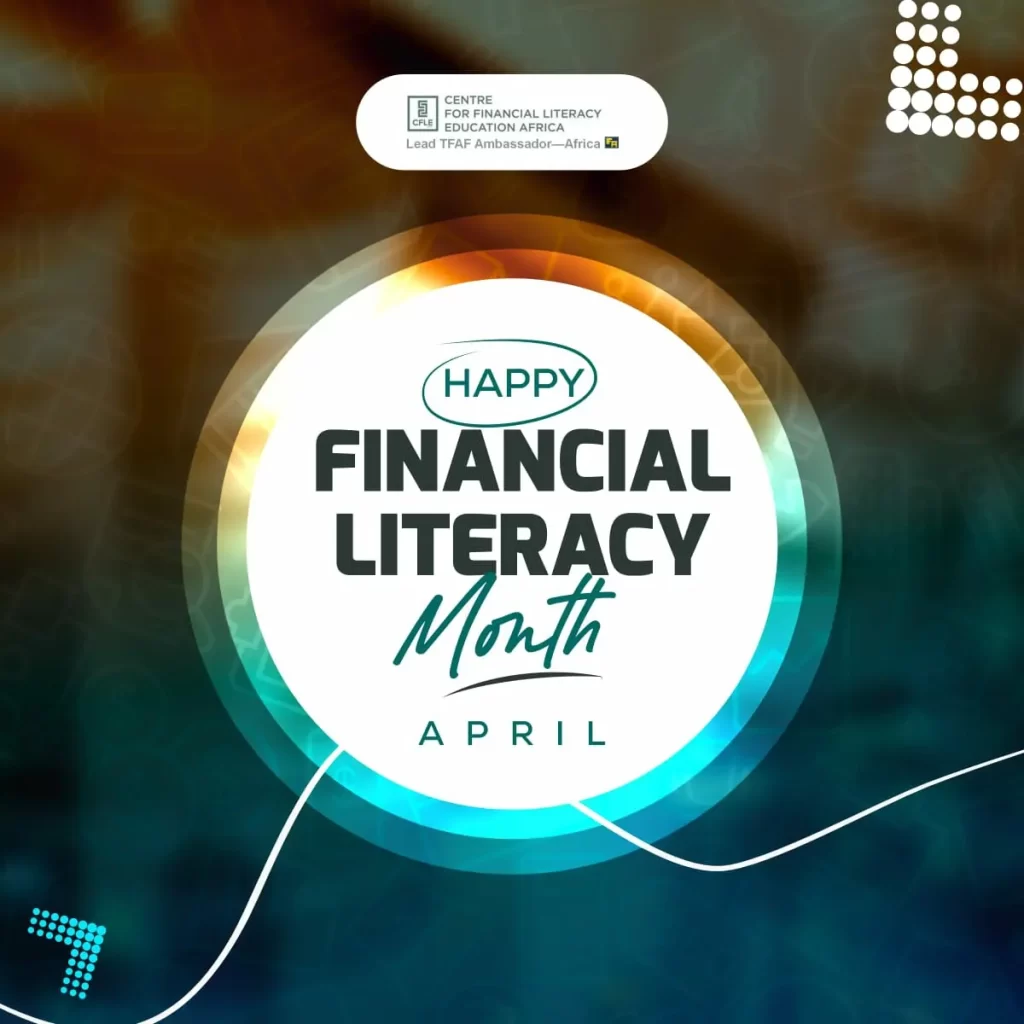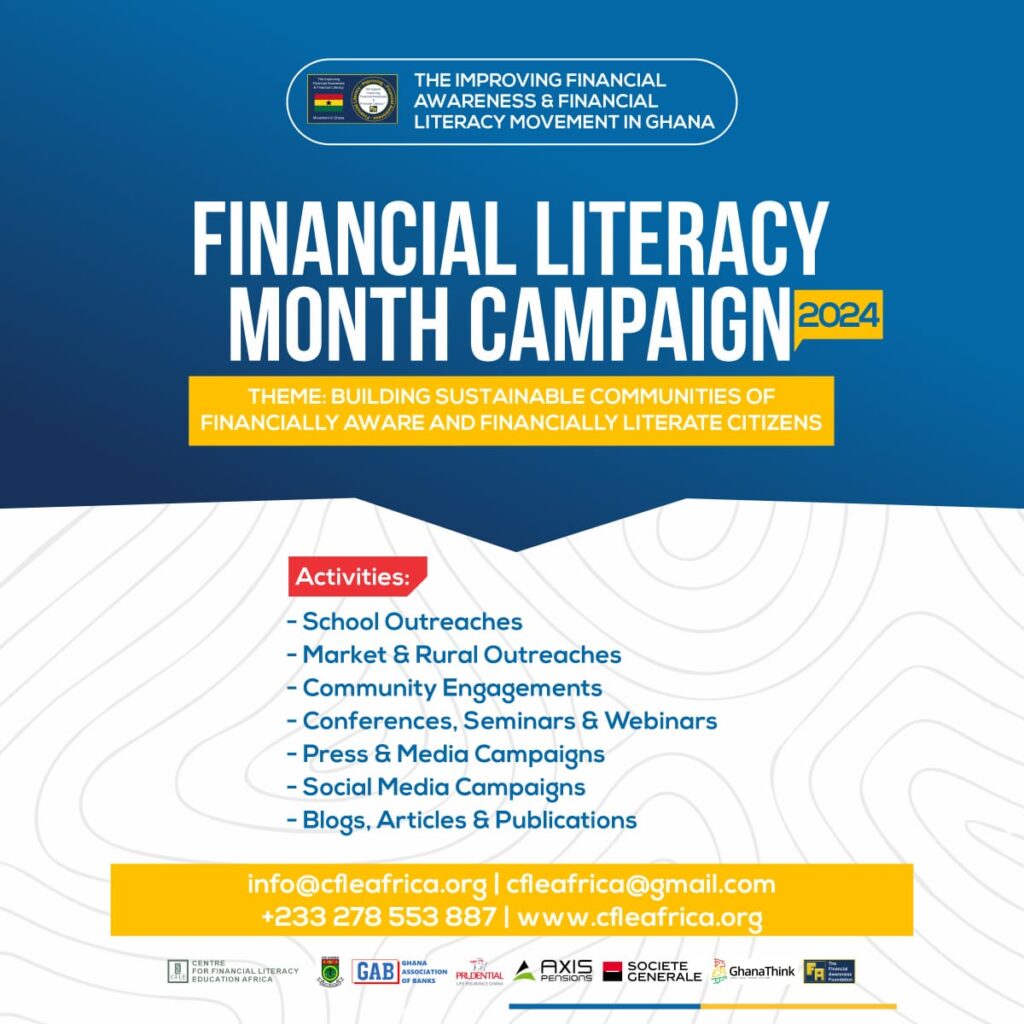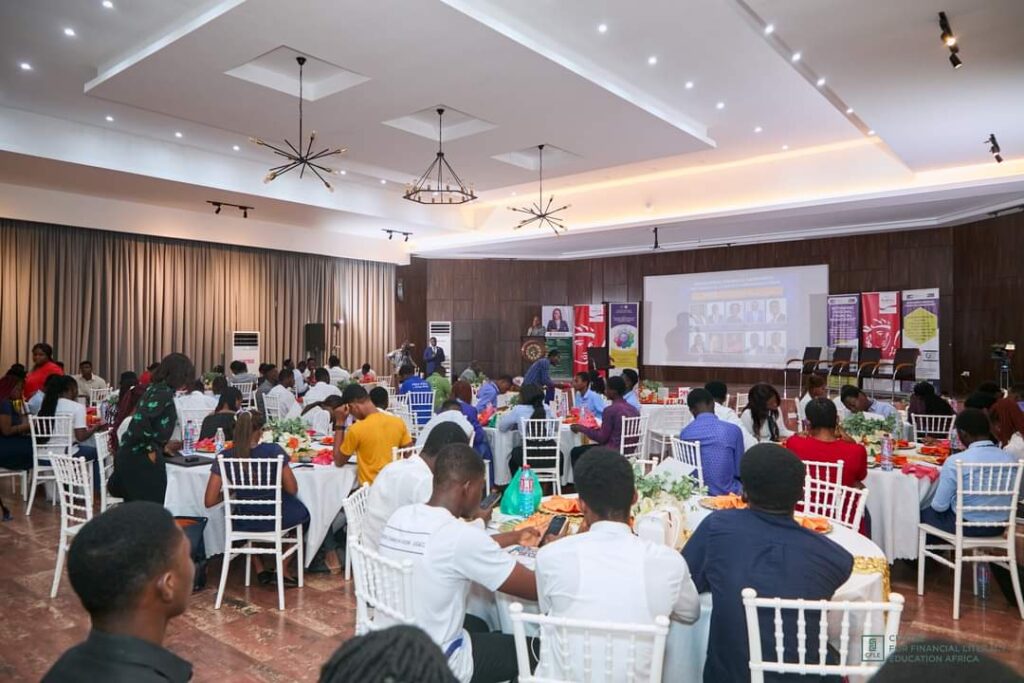Financial Literacy Month; Things To Do

Every year Financial Literacy Month is celebrated in April. The Financial Literacy Month is not only a celebration but is a challenge. The goal is to raise public awareness of the importance of both financial literacy and maintaining smart money management habits.

Therefore, this month will be filled with events, posts, articles, and financial tips by all of your favorite financial literacy organizations, financial writers, influencers, and experts. And this is a great thing, because I have yet to meet anyone who is doing everything they should be doing with respect to managing their financial resources, including me!
So making April your financial check-up month is absolutely spot on!!!
However, to be clear, this should not be just an annual thing each April. We should all be regularly checking in with our money and prioritizing financial wellness.
But if you need some extra motivation to get started, the month of April has you covered. Personally, I love Financial Literacy Month, because it is the perfect time to really dig in and take a hard look at our relationships to our financial resources.
Peter Asare Nyarko“Financial Literacy Month is a great opportunity to increase your financial knowledge and encourage individuals to make financial decisions that lead to income sustainability, better savings, achieving long-term goals like owning a home, or start a business. By taking steps towards financial security, independence and freedom, individuals can achieve their financial goals and create a more stable future for themselves and their families.”
Executive Director, Center for Financial Literacy Education Africa
During Financial Literacy Month, the Center for Financial Literacy Education Africa (CFLE Africa) engages with Ghanaians and works together with organizations from the private, public, and non-profit sectors to help strengthen the financial literacy of individuals and families.
Together, they aim to help Ghanaians understand their finances and empower them to:
• Live a quality life without outliving their wealth
• Make wiser informed everyday money decisions
• Watch personal and family dreams become a reality
• Enjoy a financially secure debt free future
• Work efficiently with financial professionals & product providers to get the best results from their time & money
• Pass on their values, knowledge & assets to future generations to make their lives & this world a better place, ending
inherited poverty
• Have the highest probability to reach &maintain family dreams while living out a financially successful life.
With many events happening across the country, this provides Ghanaians with the perfect opportunity to take a deeper dive into their own personal financial matters and understand their financial rights and responsibilities.

Here are suggestions of financial housekeeping and learning opportunities that you can do this month:
- Set a SMART financial goal
What are your money goals? Do you want to get out of debt? Save for college or retirement?
Whatever your goals are, Financial Literacy Month is a great time to make them SMART. SMART goals are Specific, Measurable, Achievable, Relevant, and Time Limited. By making your money dreams into SMART goals, you give them a real target and drastically increase your chances of achieving them!
Here’s an example:
Typical Money Goal: I want to get out of debt.
SMART Money Goal: I want to pay off GHS 1,000 a debt. I will do this by saving GHS 200 of my salary each month for 5 months. To do this, I will unsubscribe to the DSTV for 4 months.
2. Start Tracking Your Net Worth
You know how much money you make, but how much are you really worth? Your net worth is the best snapshot of your financial health, as it encompasses the lasting assets you’ve accumulated subtracting the debts and liabilities you have taken on.
Once you know your net worth, it is easy to see how your financial health is changing over time. Build up a stronger emergency fund? Your net worth will show that by increasing.
Buy those fancy shoes on a credit card? The debt will push your net worth down.
3. Play a Money Game with Your Kids
Play-based learning is one of the most effective ways to connect with kids. It gives them a safe and approachable environment to test new skills and gain self-confidence with difficult topics. So, make learning about money fun by playing financial literacy games with your kids!
Learning about money doesn’t have to be a lecture. You’re more likely to interest your children in finance and investing with some family competition
4. Have a Money Date
A money date may not sound like the sexiest way to spend your time, but it could absolutely have a significant impact on your marriage.
Money arguments are one of the top reasons for divorce and the leading cause of stress in many marriages.
Money conversations are serious, but they don’t have to be stressful. You can even make them fun! Set a time this month to talk to your spouse without distractions. Choose an easy topic to start with, like brainstorming some life goals. Take a notepad to a coffee shop and sketch out your ideas. Then, make the next step to start planning what it will take for you to get there.
If even the idea of talking about money with your spouse is making you break out in a cold sweat, consider starting with a letter. Each writing a short note about your money stresses and goals, then swapping, might make things a bit less scary.
5. Reduce Your Food Spending and Waste
Ghanaians spend 20% to 33% of their monthly budget on food. And with the most common overspending complaint for families falling under groceries and dining out, getting control of your food budget could be the first step to freeing up some cash for your other goals.
Now, we all need to eat. But do we need to eat takeout twice a week? Do we need to buy food we will ultimately throw out as waste? Definitely not. In Ghana, food waste is estimated to be over 22% of the total food supply. And that is just at the consumer level!
Improve your budget by reducing your food spending waste. Simplify meal planning by sticking to easy, healthy meals you know your family loves. Only buy in bulk when you know you will use the product or when you can share with a neighbor or friend. Cook less and eat your leftovers to avoid kitchen fatigue.
6. Embrace a Frugal Mindset and Get the Best Price
Do you spend money on things you don’t need? Or do you pay more than you need to for the things you buy?
Improve your budget and financial status by embracing a frugal mindset. Try questioning every expense for the month and see what things you could go without. Even skipping a few costs, like borrowing that extra-large duffel bag from a friend for a trip instead of buying a new one, adds some cedis to your wallet and moves you closer to your goals.
But some expenses, you just can’t skip. Groceries, cleaning supplies, a phone charger with a worn-out cord. When it comes to these non-negotiables, make sure you are getting the best price.
7. Create a Budget that Really Works
Technology has made it easier than ever to maintain a household budget. I’ve been using Achieve App, which pulls in all my transactions automatically. Budget services like Mint and Personal Capital are entirely free! So, why do few people maintain a budget? Most people are “anxious or fearful” about their financial well-being.
A well-developed budget can help you identify where money may be leaking out on expenses that don’t really matter to you. And that can make a huge difference. Because saving just a small amount can go a long way.
8. Find Your Financially Savvy Tribe
“You are the average of the five people you spend the most time with.” – Jim Rohn
Are your friends always going out for fancy brunch or complaining about not being able to make ends meet? It might be time to find your financially savvy tribe. Luckily, in the time of the internet, it has never been easier to find your people.
Find a group of people driving towards similar goals and motivate each other.
Written by: Peter Asare Nyarko

